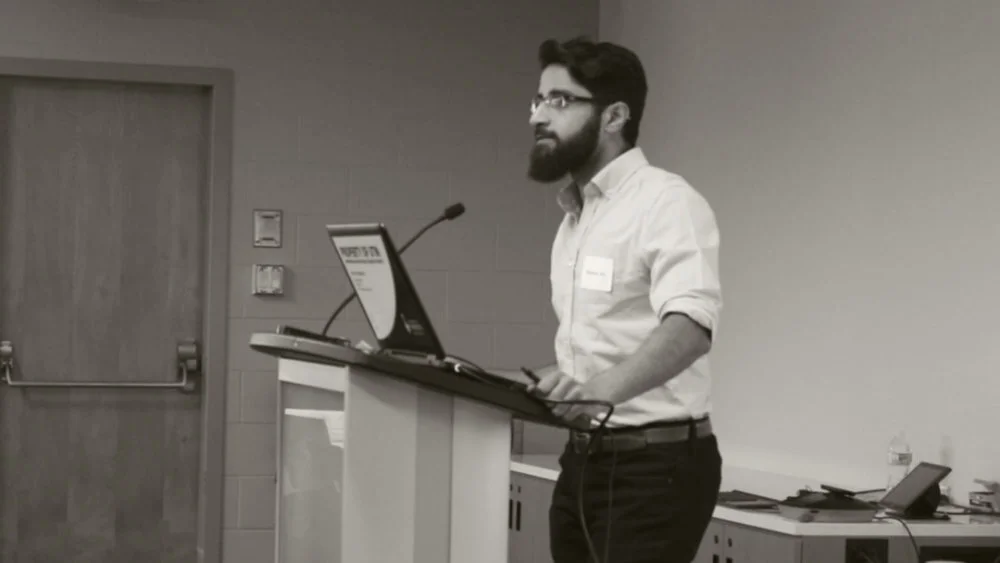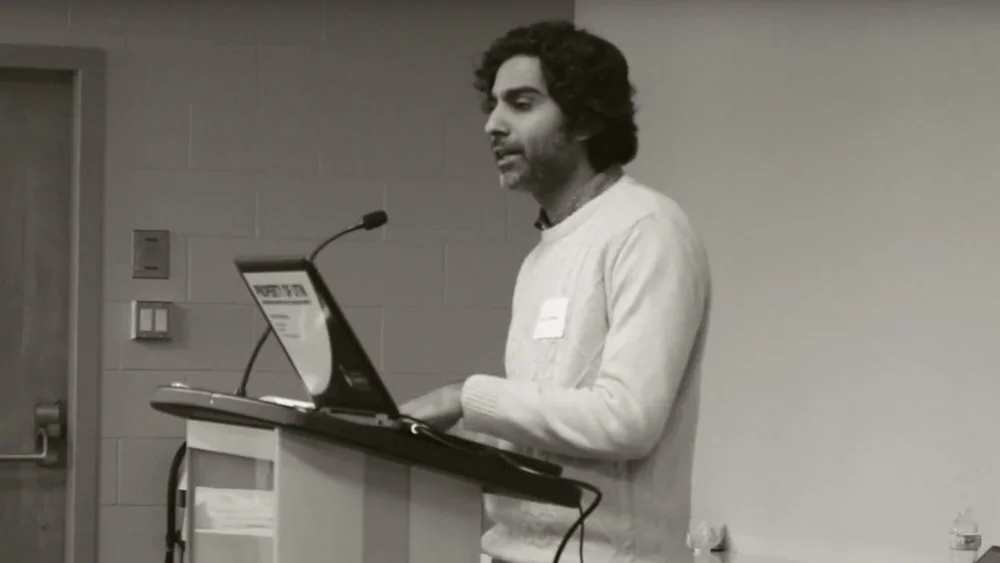
Left Politics in South Asia: Past, Present, Future
Issue 1. Summer 2018
South Asia is in crisis. Despite optimistic claims by ruling elites in the region, poverty has persisted in the subcontinent, inequality has increased, and ethnic, caste and gender discrimination have become increasingly prominent. Yet left political forces have not succeeded in countering the hegemonic narrative of populist forces or the economic policies that benefit rich and middle-classes at the expense of the poor majority. Indeed, in spite of significant past accomplishments, there exists on the left today a deficit of radical-political vision and strategy. The workshop covered here addressed the contemporary challenges faced by the political left in South Asia, with analyses of the present conjuncture in the light of past traditions, current practices and future possibilities.
Invited speakers and workshop participants addressed the situations in India, Pakistan, Bangladesh, Nepal and Sri Lanka to sketch a composite view of South Asia today from various left perspectives, both visionary and strategic. As such, the workshop was intended to be a forum to discuss and debate the records and agendas of variously engaged radical left activists in the region. While speaking of their own experiences and interventions, the speakers used as a broad reference the combination of right-wing nationalism – of casteist, communalist, misogynist, far-right regimes and majoritarian movements – and neoliberal economics, two salient characteristics of the region. In so doing, the speakers also broached questions concerning old and new forms of political organization, alliances between subaltern groups and regional left solidarity.
The Necessity of Communism.
By Vijay Prashad
Vijay Prashad surveys the conditions, facts and politics of India before suggesting ways the Left can move forward.
Trajectories of Maoism.
Muslim Maoists and Lenin's Limits: The Pakistan Mazdoor Kisan Party.
By Noaman Ali
The Mazdoor Kisan Party (MKP) was arguably Pakistan's largest far left party, with significant support among the peasants of the North-West Frontier Province. Noaman G. Ali examines how differences in the values and interests of peasants and landless labourers were reflected in the theoretical differences of the MKP leadership, and how their inability to resolve these differences ultimately led to the collapse of the party.
Left Politics in Bastar.
By Bela Bhatia
Noted Indian academic and human rights activist Bela Bhatia surveys the political situation in India’s tribal region of Bastar.
To read a revised version of this presentation, click here (no video available)
Mao-Lana Bhashani: Maoism and the Unmaking of Pakistan.
By Layli Uddin
Today, socialism and Islam are often viewed as incompatible. Does the career of Maulana Bhashani, “the Red Maulana” of Bangladesh, offer a corrective to this view?
To read a revised version of this presentation, click here (no video available)
The Cultural Left.
The Making of a Progressive Tradition in Karnataka.
By Prithvi Datta Chandra Shobi
Prithvi Datta Chandra Shobi explains how the Kannada progressive tradition is in crisis and makes a case for its reinvention.
Liking Progress, Loving Change: A Brief Look at the Progressive Writers' Movement & Socially-Purposive Writing in Urdu.
By Rakhshanda Jalil
Rakhshanda Jalil traces the local evolution of progressive thought in India to understand the coming together of writers & social reformers.
New Political Spaces.
In Search of the Political: Social Life in Pakistan's Sufi Shrines.
By Amen Jaffer
South Asia’s Sufi shrines are typically thought to have a quality of other-worldliness that is antithetical to the worldly concerns of the left. But can we rethink the shrine’s political possibilities?
Reserves of Resistance In Post-war Sri Lanka.
By Ahilan Kadirgamar
Ahilan Kadirgamar discusses anti-colonial Tamil youth politics in Sri Lanka and the interstices of nationalism, caste, and community in post civil war Sri Lanka.








